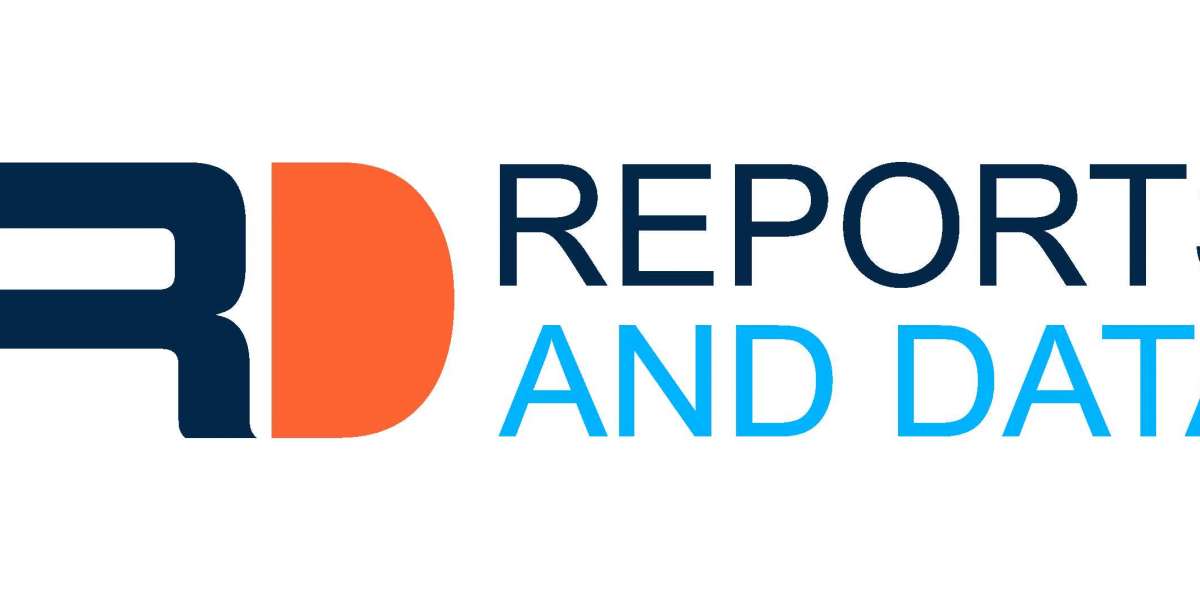Attention Deficit Hyperactivity Disorder (ADHD) is a neurodevelopmental condition characterized by symptoms such as inattention, hyperactivity, and impulsivity. These symptoms not only affect an individual's academic performance and daily functioning but also have profound effects on social skills and the quality of friendships. Understanding how ADHD impacts social interactions and relationships is crucial for fostering supportive environments and developing effective coping strategies.
Social Skills Challenges in ADHD
Social skills involve a range of behaviors that allow individuals to interact effectively with others. These include communication abilities, understanding social cues, and responding appropriately in various social contexts. For individuals with ADHD, these skills can be particularly challenging.
Impulsivity:
One of the hallmark symptoms of ADHD is impulsivity. This can manifest as interrupting others during conversations, speaking out of turn, or acting without considering the consequences. Such behaviors can be perceived as rude or inconsiderate by peers, potentially leading to misunderstandings and strained relationships.
Inattention:
Individuals with ADHD may struggle with sustaining attention during conversations, which can result in missed social cues or failure to follow the flow of a discussion. This inattention can make it difficult to engage meaningfully in social interactions, leading to potential frustration for both the individual with ADHD and their peers.
Hyperactivity:
Hyperactivity, another core symptom of ADHD, can lead to restlessness and difficulty staying seated or remaining calm in social settings. This can disrupt group activities or conversations and make it challenging for individuals with ADHD to maintain stable friendships.
Impact on Friendships
Friendships are built on mutual understanding, shared interests, and consistent communication. ADHD can impact these aspects in several ways:
Difficulty in Maintaining Friendships:
Due to impulsivity and hyperactivity, individuals with ADHD may struggle to maintain friendships. They might have trouble adhering to social norms and expectations, leading to conflicts or misunderstandings. Their inconsistent behavior might also make it hard for friends to rely on them or predict their actions.
Social Exclusion:
Children and adults with ADHD may experience social exclusion or rejection. Peers may find their behaviors disruptive or may not fully understand the nature of ADHD. This can lead to feelings of isolation and loneliness, as individuals with ADHD may struggle to find acceptance within their social circles.
Misinterpretation of Social Signals:
ADHD can impair an individual’s ability to pick up on and respond to social signals such as facial expressions, tone of voice, and body language. This misinterpretation can lead to awkward interactions and difficulties in forming and maintaining close relationships.
Coping Strategies and Support
Despite these challenges, individuals with ADHD can develop and strengthen their social skills with appropriate support and strategies:
Social Skills Training:
Programs designed to teach social skills can be highly beneficial. These programs often focus on improving communication skills, understanding social cues, and practicing appropriate responses in various social situations. Role-playing exercises and feedback from peers and instructors can help individuals with ADHD navigate social interactions more effectively.
Therapy and Counseling:
Cognitive-behavioral therapy (CBT) and other forms of counseling can assist individuals with ADHD in managing their symptoms and developing better social strategies. Therapy can also address any underlying issues related to self-esteem or anxiety, which can further impact social interactions.
Parental and Educational Support:
For children with ADHD, support from parents and educators is crucial. Creating structured environments, offering positive reinforcement, and providing guidance on social interactions can help children with ADHD develop better social skills. Additionally, teachers can implement strategies in the classroom to foster a more inclusive environment.
Peer Support:
Encouraging participation in group activities or clubs with structured environments can provide individuals with ADHD opportunities to practice social skills in a supportive setting. Peer mentoring programs can also offer additional support and understanding from others who may have similar experiences.
Self-Awareness and Self-Advocacy:
Developing self-awareness about one’s ADHD and learning to advocate for oneself can empower individuals to seek appropriate accommodations and support. Understanding one’s strengths and challenges can lead to more effective communication with friends and peers.
Conclusion
ADHD presents unique challenges when it comes to social skills and friendships. Impulsivity, inattention, and hyperactivity can disrupt social interactions and lead to difficulties in forming and maintaining relationships. However, with the right strategies and support, individuals with ADHD can enhance their social skills and build meaningful friendships. By understanding the impact of ADHD on social interactions and implementing effective coping mechanisms, individuals with ADHD can improve their social experiences and foster lasting, supportive relationships.







